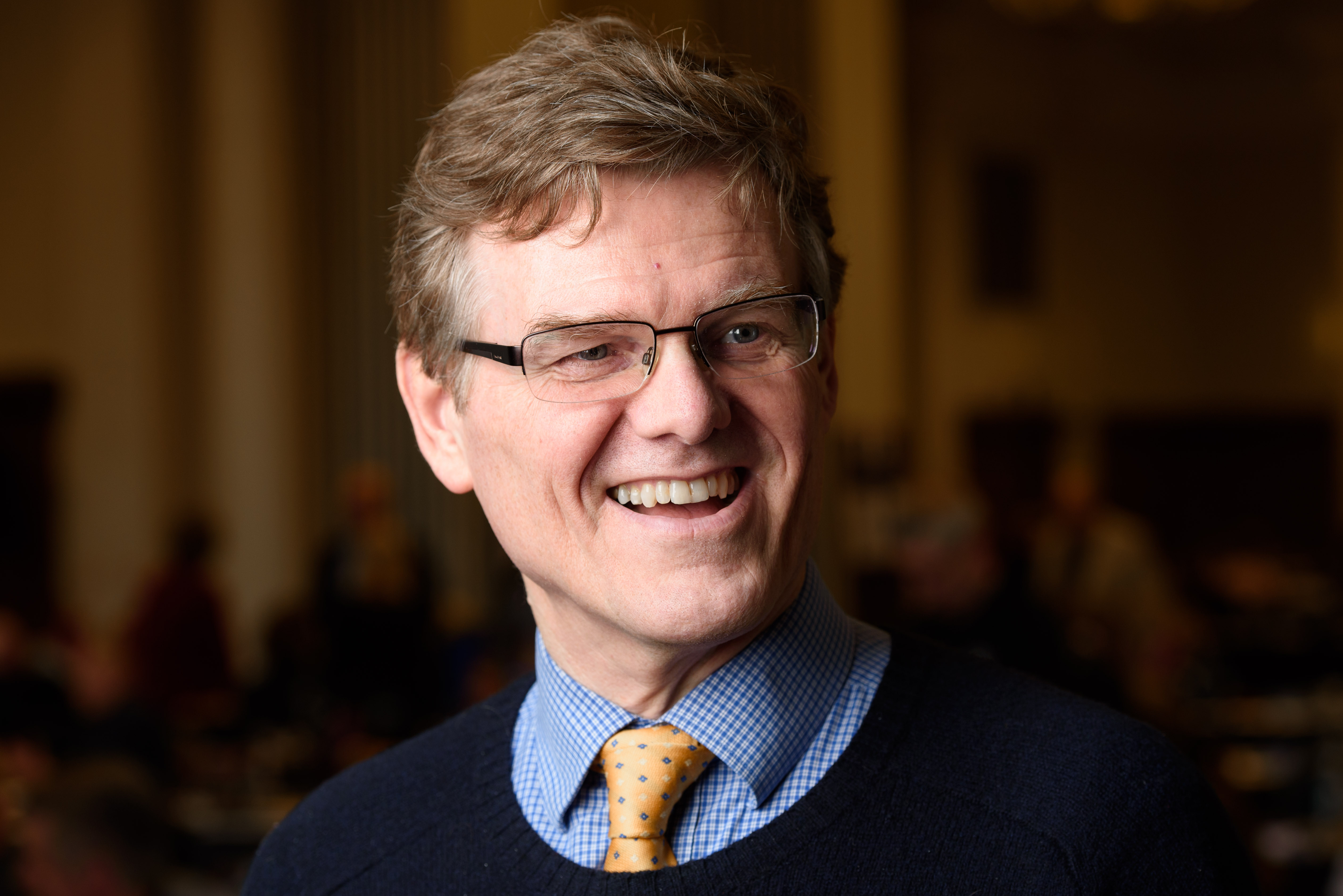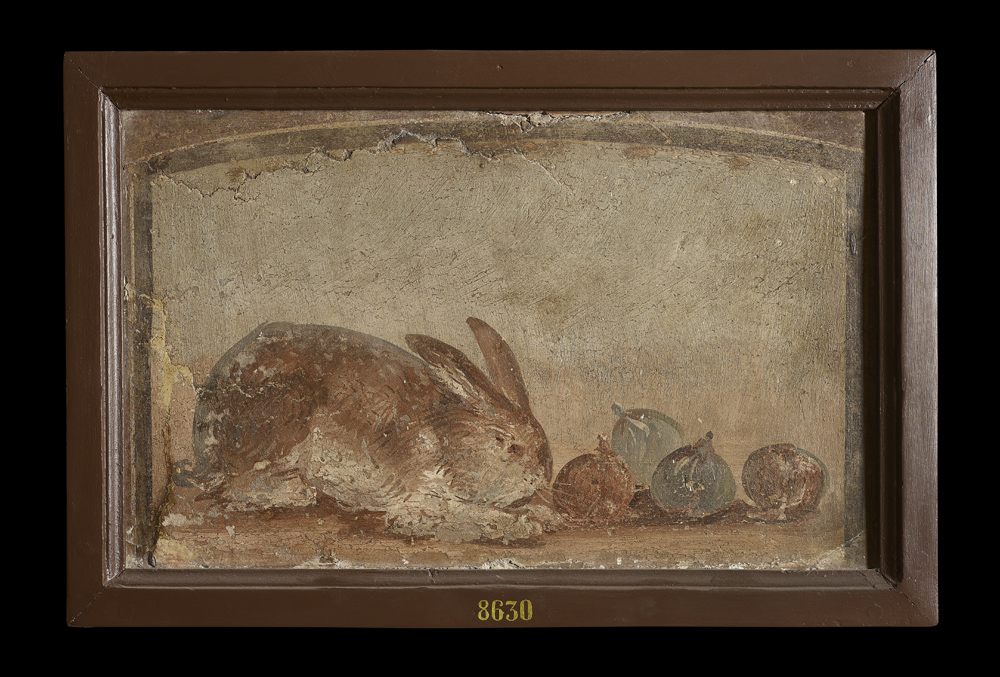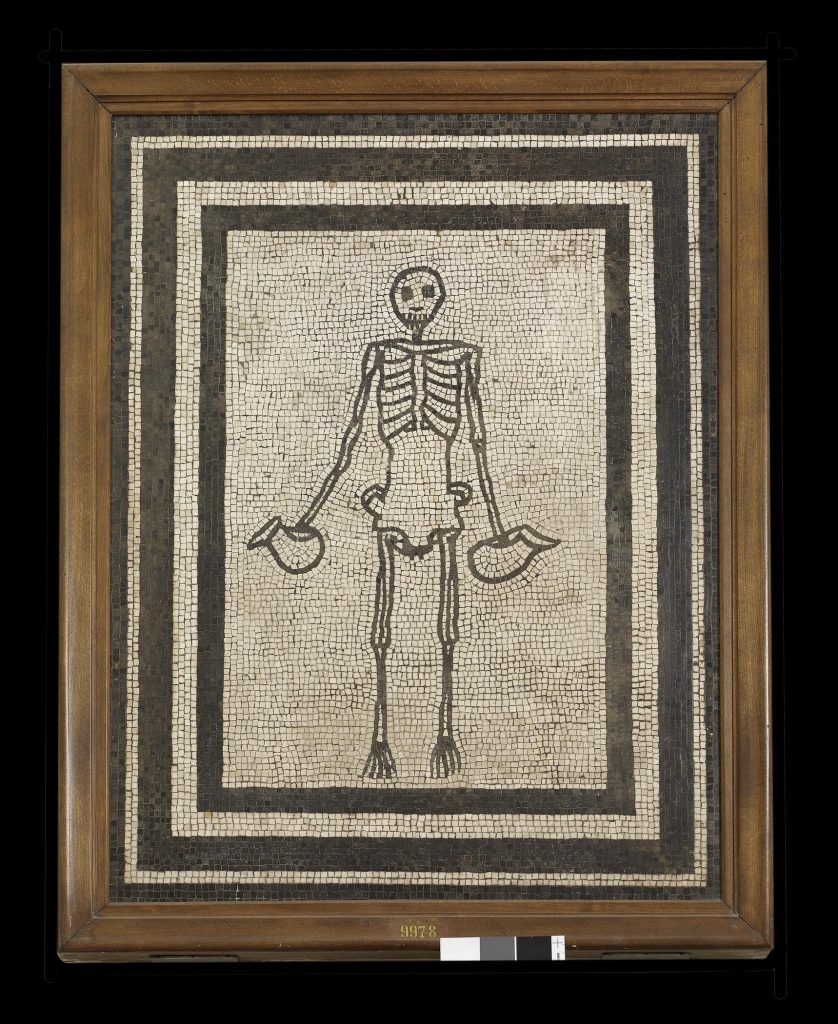Speaker: Paul Roberts
2 June 2020

For the Romans, life meant getting together to eat and drink, in a pub or at a banquet. Last supper in Pompeii celebrates the Roman love affair with food and drink – a journey, from fields and vineyards to markets and shops, from tables to toilets and the tomb.
We see the influence of the Greeks and mysterious Etruscans, and visit fertile Vesuvius to see how Romans got their food and drink (and a Roman vineyard buried in AD79!). Into the bustling city, past hawkers, shops and bars we enter the house, visit the shrine of the gods (with a chicken!) and the gorgeous garden with its flowers and fountains. We recline in the dining room, with exotic food and fine wine, and surrounded by Greek-style luxury – fine silver, mosaics and frescoes.


© Naples Museum 9978 Pompeii, AD 30-79
Dare we see the kitchen? No fridge, no running water, no hygiene – and there is the toilet, feeding into a cess pit below. Escape to Roman Britain with objects from sheepy Chedworth and metropolitan London with the first brewer, the first cooper and even the first pub landlord! Finally we see the monuments of the dead feasting into the afterlife. Seize the day – Carpe diem!!
Profile
Dr Paul Roberts is the newly appointed Sackler Keeper of Antiquities at the Ashmolean Museum, Oxford University. From 1994 to 2014 he was Senior Roman Curator in the Department of Greece and Rome at the British Museum, where he was the driving force behind the major exhibition Life and Death in Pompeii and Herculaneum. At the Ashmolean he worked on an exhibition for 2016 Storms, War and Shipwrecks: Sicily and the Sea– telling the history of Sicily through shipwreck finds around the island. He studied at the Universities of Cambridge, Sheffield and Oxford and lived in Italy for several years, in Milan, Rome and Naples. He has excavated in Britain, Greece, Libya, Turkey and in particular Italy, where he directs excavations in the Sabine hills near Rome. His research focuses on the day-to-day lives of ordinary people in the Greek and Roman worlds. He has accompanied tours to Sicily, the Bay of Naples and Rome and has written books on Roman daily life, Roman Emperors, mummy portraits and Roman glass. He is currently writing a walking tour of Ancient Rome.

